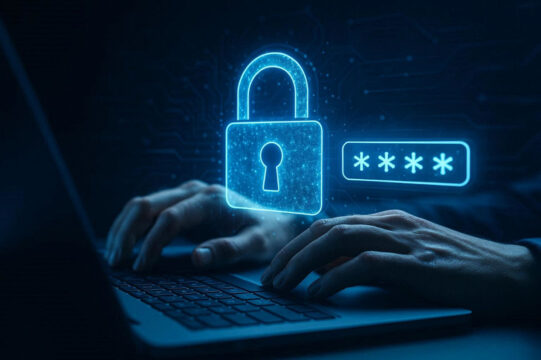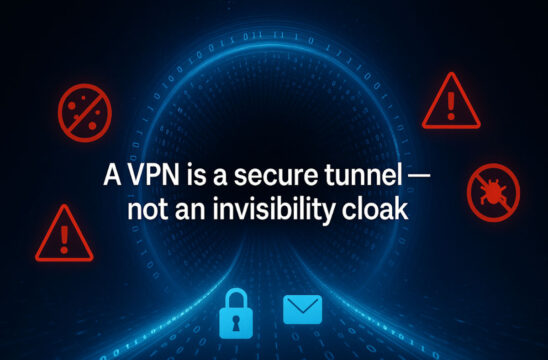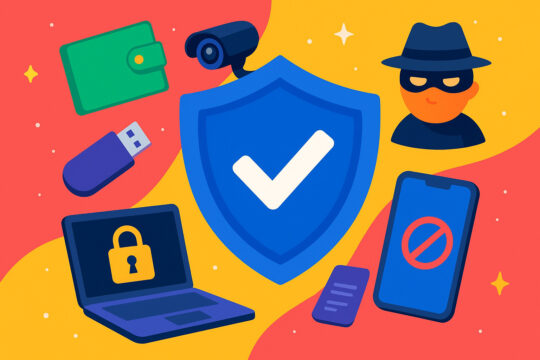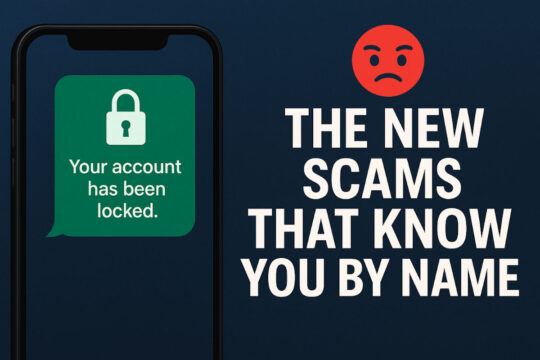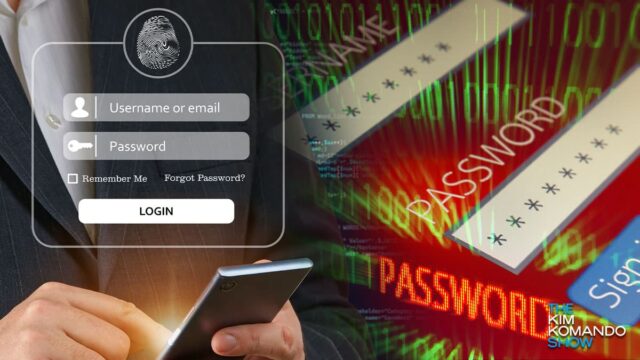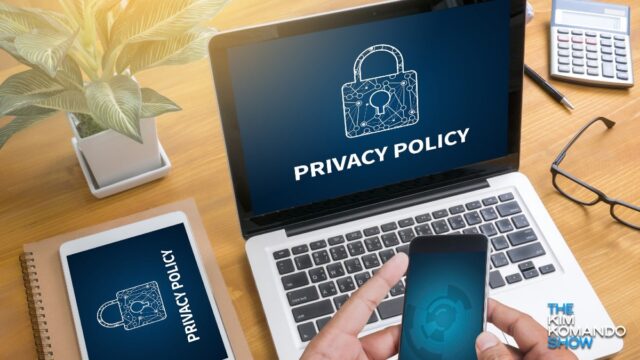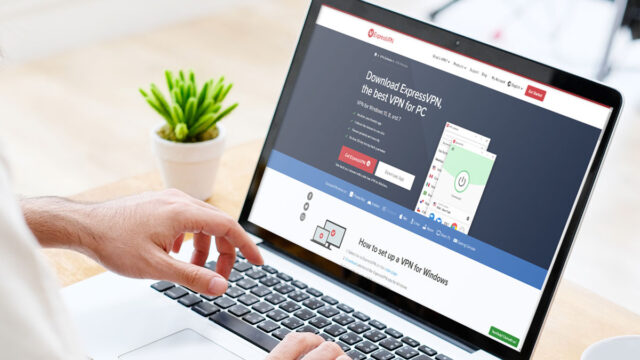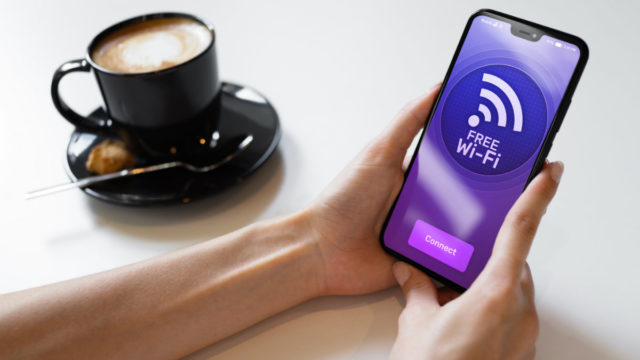Stop saving passwords in browsers, seriously
I got an email from a listener named Jim K., and it’s the kind of note that sticks with you. “I checked Have I Been Pwned and found one account breached twice, another nine times, and another five times. I keep my usernames and passwords in Notes. I don’t let websites store my credit card […]
